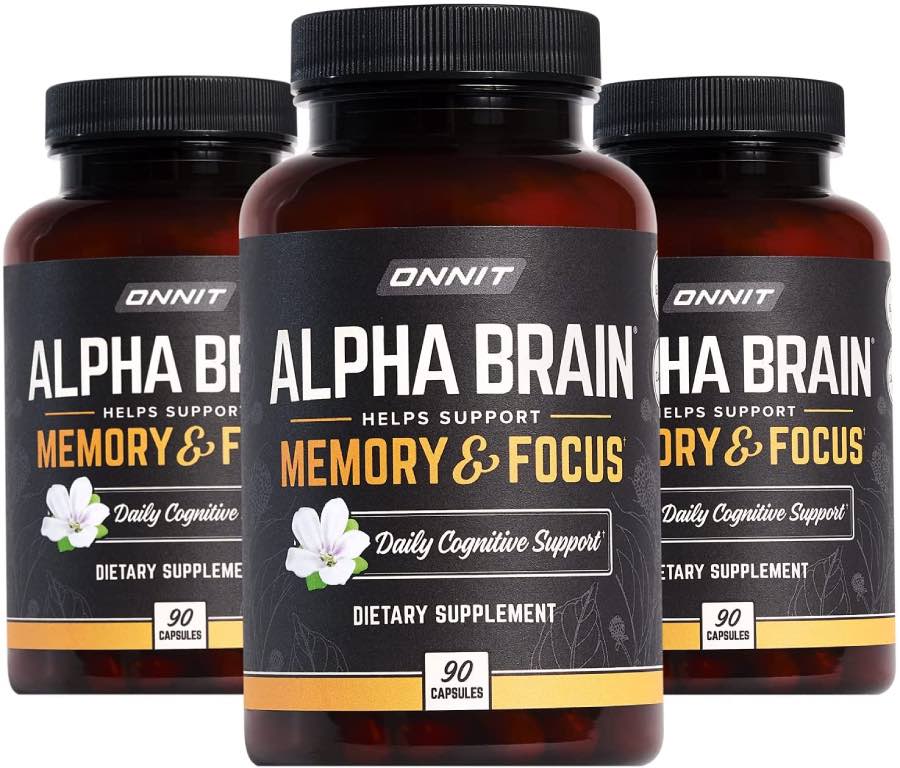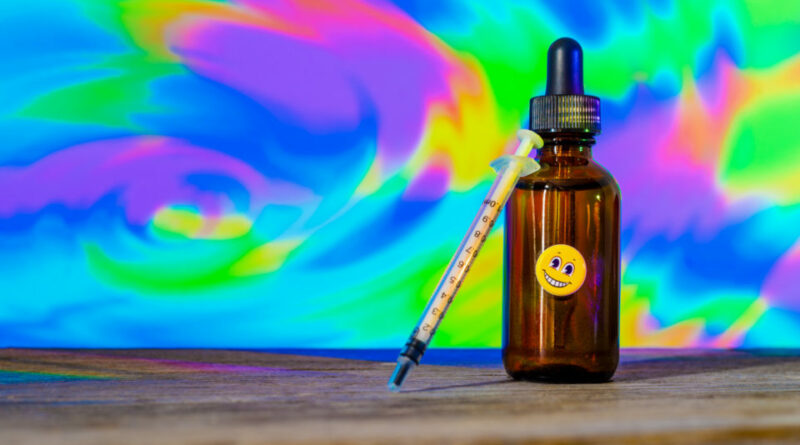LSD Therapy in Psychiatry
[Please note that this page contains affiliate links. If you choose to purchase after clicking a link, I may receive a commission at no extra cost to you.]
The second wave of the psychedelic evolution has seen more studies and interest in LSD therapy in psychiatry for psychedelic therapy.
New studies show promising results for psychedelic therapy for treatment-resistant mental illness.
The Evolution of LSD Therapy in Psychiatry
Lysergic Acid Diethylamide (LSD) is a psychedelic with many therapeutic values and was first researched over 50 years ago in the 1960s.
The study of LSD in psychiatry through psychedelic therapy for mental health issues ended in 1968, which would increase recreational use, scheduling restrictions and safety concerns, although there has been a recent psychedelic therapy revolution; at first, in healthy patients, then in mentally ill volunteers.
Before the worldwide psychedelics ban of the 1960s, studies showed that psychedelic therapy effectively cures alcoholism.
Another study concluded that psychedelic therapy in psychiatry could be an effective treatment for depression, anxiety, PTSD, and other mood disorders.
How psychedelics are administered, known as ‘setting’ and ‘set,’ are the most important before and during any psychedelic trip:
- ‘Setting’ is the physical place where the patient receives the psychedelic therapy; a relaxed space with music and a support group.
- ‘Set’ is the patients’ expectations and thoughts. For psychiatry, this usually involves psychotherapy to prepare the participant.
LSD research is time-consuming and very costly due to the ridiculous drug scheduling restrictions put in place by your governments.
Although, in North America in 2020/2021, the goals were to take severe consideration by offering an overview of LSD research.
LSD Therapy Studies
They provided a systematic review of randomized controlled trials (RCTs) testing therapy as a form of psychiatry treatment.
Scientists did a thorough study under the PRISMA guidelines.
The scientists researched databases such as the Multidisciplinary Association of Psychedelic Studies (MAPS), the most prominent psychedelic research non-profit organization. In addition, the researchers meticulously combed through references from many publications.
The researchers looked at 43 studies in fine detail, with 11 authors.
The published studies the researchers looked at span from 1966 to 2014, and the studies were done in the USA, Canada, and Switzerland.
The doctors took patients with the following diagnoses: heroin use disorder (1/11), alcohol use disorder (AUD) in 7/11 trials, ‘psychoneurotic’ diagnoses such as anxiety or depression (1/11), ‘neurotic’ or an AUD diagnosis (1/11), and stress-related to life-threatening illnesses (1/11).
These studies showed that 567 patients were given 20 – 800 mcg of LSD.
Researchers found that seven studies used an active control (an alternative psychoactive to LSD), and four groups had control groups who got no drug.
Scientists showed in four studies that people’s prearrangements ranged from short preparation to an extensive orientation to help with the therapeutic effects.
Five studies gave people psychotherapy during the patients’ LSD therapy session, while others were stable and comfortable.
Two of the studies had patients experience ‘integration’ sessions where they discussed the LSD therapy experience with a psychiatrist.
LSD Therapy Potential in Psychiatry
LSD therapy works harmoniously with sound therapy.
Here is a synopsis of what some of the studies found:
- For example, LSD therapy showed patients had a severe reduction in anxiety associated with life-threatening diseases after two months.
- The study that involved LSD therapy for heroin use disorder found a substantial effect of LSD therapy on abstinence rates after one year.
- Two studies looked at LSD therapy as an effective treatment for “neurotic” symptoms, finding that LSD had a massive effect on symptoms compared to alternative therapies.
- One study showed that average health benefits were continued at 12 months. However, the other research had shown improvements that had not been seen in the past 6-8 weeks.
- Scientists showed that the three-alcohol use disorder (AUD) studies found a significant effect of LSD therapy on total abstinence and the associated drinking behaviours.
- Two studies involving AUD showed patients had sustained from alcohol at 6-12 months.
- One study involving patients with AUD found average health significantly improved in the LSD therapy group, although it did not affect their alcohol use.
- The last four studies with AUD patients showed an overall improvement in all therapy groups, with no significant difference between the control group and LSD.
The scientists and psychiatrists who looked at these studies concluded:
- LSD therapy has excellent potential in psychiatry.
- LSD appears to be a very safe and clean drug with no long-term side effects
- LSD therapy so far is most beneficial in treating alcoholism.


